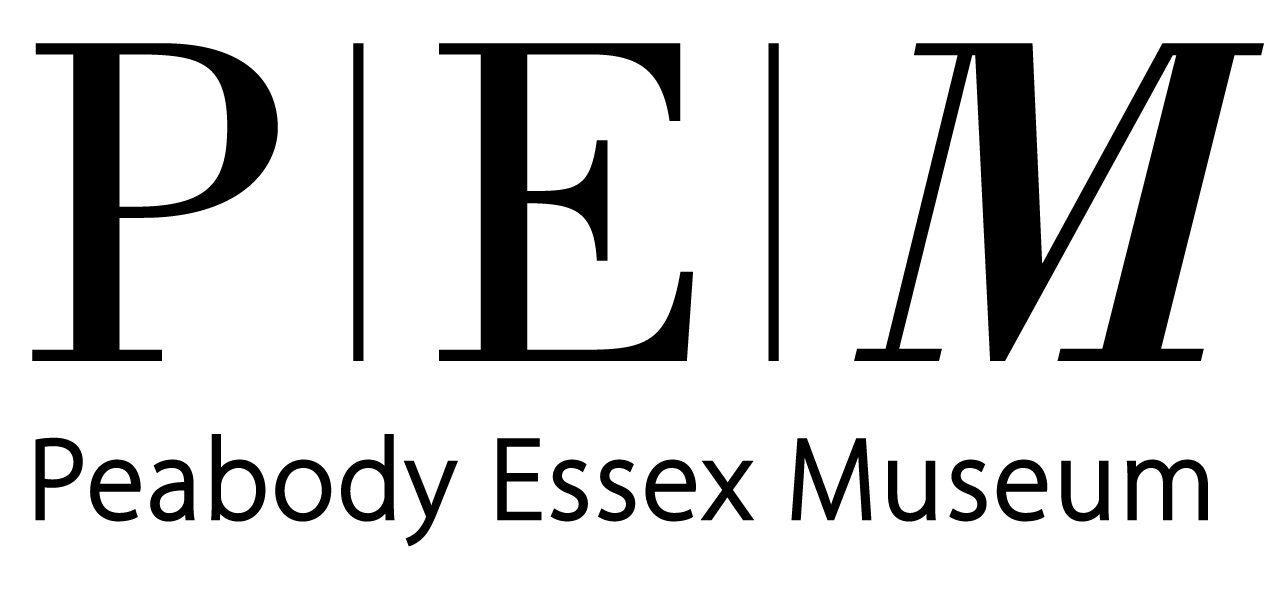By Joe Cultrera, Co-Founder, Salem Film Fest
I'm sitting in a café in Astoria, Queens drinking strong coffee and thinking about the dollars and sense behind an event I'm quite proud of.
About nine years ago in another café, in another town, a handful of us sat down to contemplate the idea of creating a documentary film festival. We wanted it to take you around the world, shedding light on the human condition while entertaining and provoking. Doc makers tend to work years on their films - often at a financial loss - and their subjects are usually caught between a rock and a boulder. Salem Film Fest (SFF) was to be a celebration of art, not an economic summit. That said, it was important to us that we had a financial strategy in place that complemented the spirit of the films and did not take advantage of either the makers or the local supporters we hoped to reach. We needed the economics to work from all angles: for the filmmakers who would participate, the sponsors who would fuel it, and the audience we hoped to attract.
Our first focus was the filmmakers. Our initial decision - one that my own participation hinged on - was that there would be no cost for them to enter their films. In turn, we would pay the filmmakers whose work we chose to screen. In any other part of society these would seem like two obvious operational rules. In the world of art festivals this combo was a radical proposition. Nine years later, it still is.
The truth is that film festival entry fees usually range between $20 to over a $100 and filmmakers enter a lot of festivals. Beyond that, there is a pecking order - some headline films (star vehicles, star producers, pushy distributors) get their entry fees waived and are also given payment to screen while the rest of the filmmakers in the lineup pay to enter and get nothing back from their screening. While there are a handful of festivals that are free to enter, I believe we are the only one that charges no entry fee while paying a screening fee - yes every selected filmmaker gets paid.
Now, if we were merely presidential candidates we could have come up with this revolutionary platform without figuring how to fund it. But we actually had a plan. Rather than focusing on large corporate sponsors we decided to keep the sponsorships small enough to attract local businesses - lots of them. As an added bonus, sponsors would be given the opportunity (first come, first served) to pick a film they wanted their name specifically attached to. We offered sponsors recognition at the Fest, in print and on the web. From the outset we got great community support. We passed along all those sponsorship dollars to the filmmakers. As we grew and attracted more sponsors, it has allowed us to offer some travel assistance to the filmmakers who came.
Another level of support is hospitality. Many of our local hotels, Inns and B&B's give us rooms in return for recognition. Since year one, every filmmaker who has attended SFF has been given free accommodations.
For businesses who couldn't afford a full sponsorship, we found another way for them to contribute. SFF has given all its filmmakers a swag bag stuffed with offerings from local Salem shops: candy, t-shirts, candles, key chains, coupons and lots more. We've been told it's one of the best on the circuit.
So, in building this new community event, we had figured a way to do well by our artists and a way to include many levels of our business community. But what about our audience? Well, we set our ticket price (now $11) at about half of what you pay at many other festivals. An 18 film pass at Tribeca Film Fest will cost you $425. An unlimited film pass (every year we have people who see over 20 films) at SFF is $120. Tribeca's multiplex venues are spread across the borough of Manhattan - so you need to add subway or cab fare (plus time) to the already expensive ticket. In Salem, all our venues are less than a three minute walk from one another where parking is plentiful and cheap. And believe me - our programming is just as strong and in some ways even more selective.
If there is anybody lost in this economic plan it is the people who put on the festival itself. All are volunteers. From the Programming Director who easily spends over 600 hours each year getting the lineup together and communicating with filmmakers, to the people who take your tickets.
So, here's the real economic deal. If you can sponsor a film at SFF, buy a ticket or a t-shirt we'd love to have you join our growing community. We won't bother you for money otherwise - we've never staged a fundraiser, social media campaign or participated in any street corner hustling. If you can come and buy a few inexpensive tickets you'll see some great films you might not have the chance to catch elsewhere. You'll likely meet some of the people who made them. You might even take them out for a drink and more discussion. Most of all you'll be supporting an event that takes good care of its artists, its sponsors and its audience - in fact you'll now become part of that happy community. If you can't afford a ticket then come volunteer for a few hours and we'll give you one as a thank you. If you don't have time for that - just come to a free forum or party. Everyone is welcome.
At SFF we like to think we're an art festival with an economic strategy that is in synch with the community we are building and the artists we are honoring.
Joe

